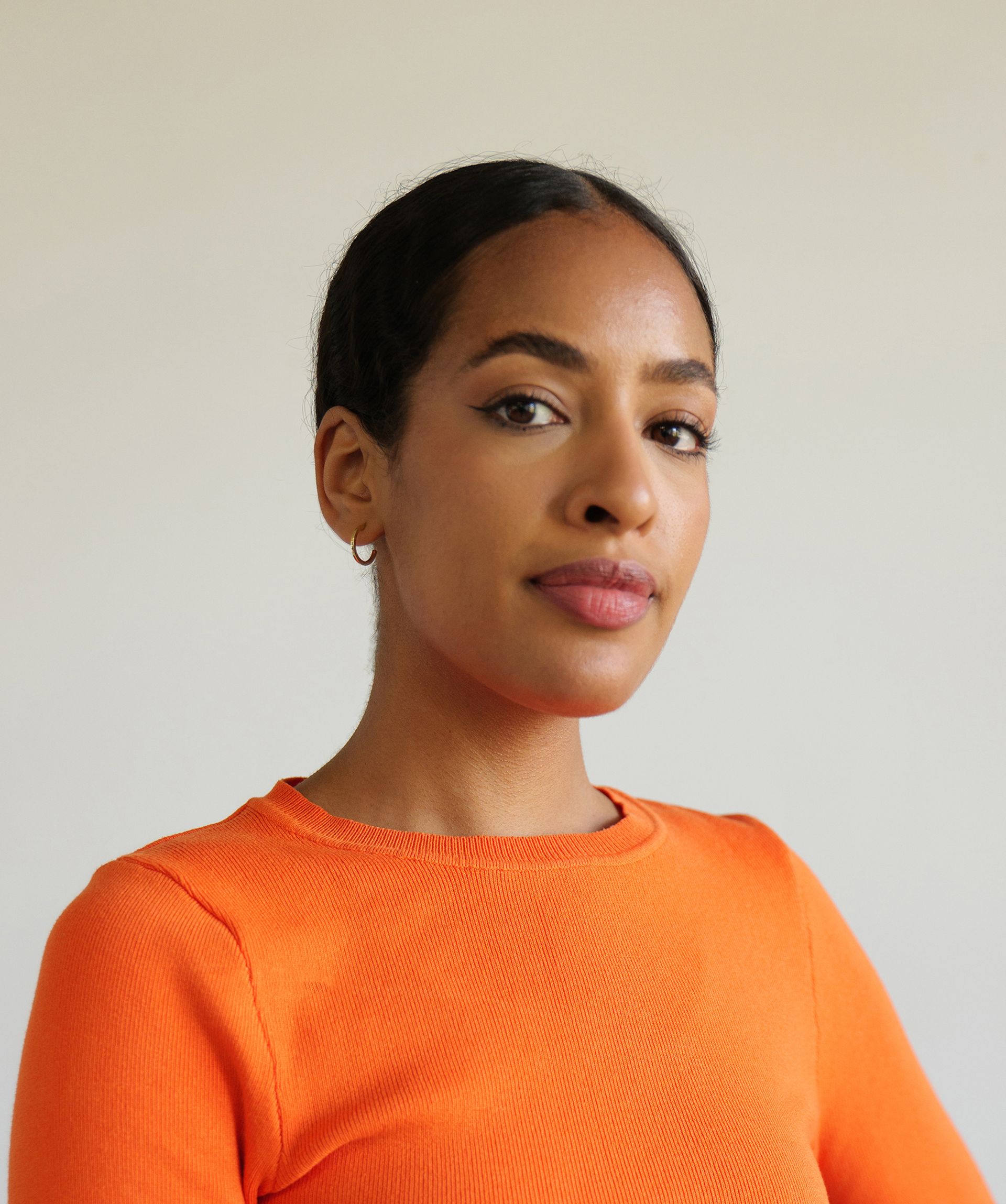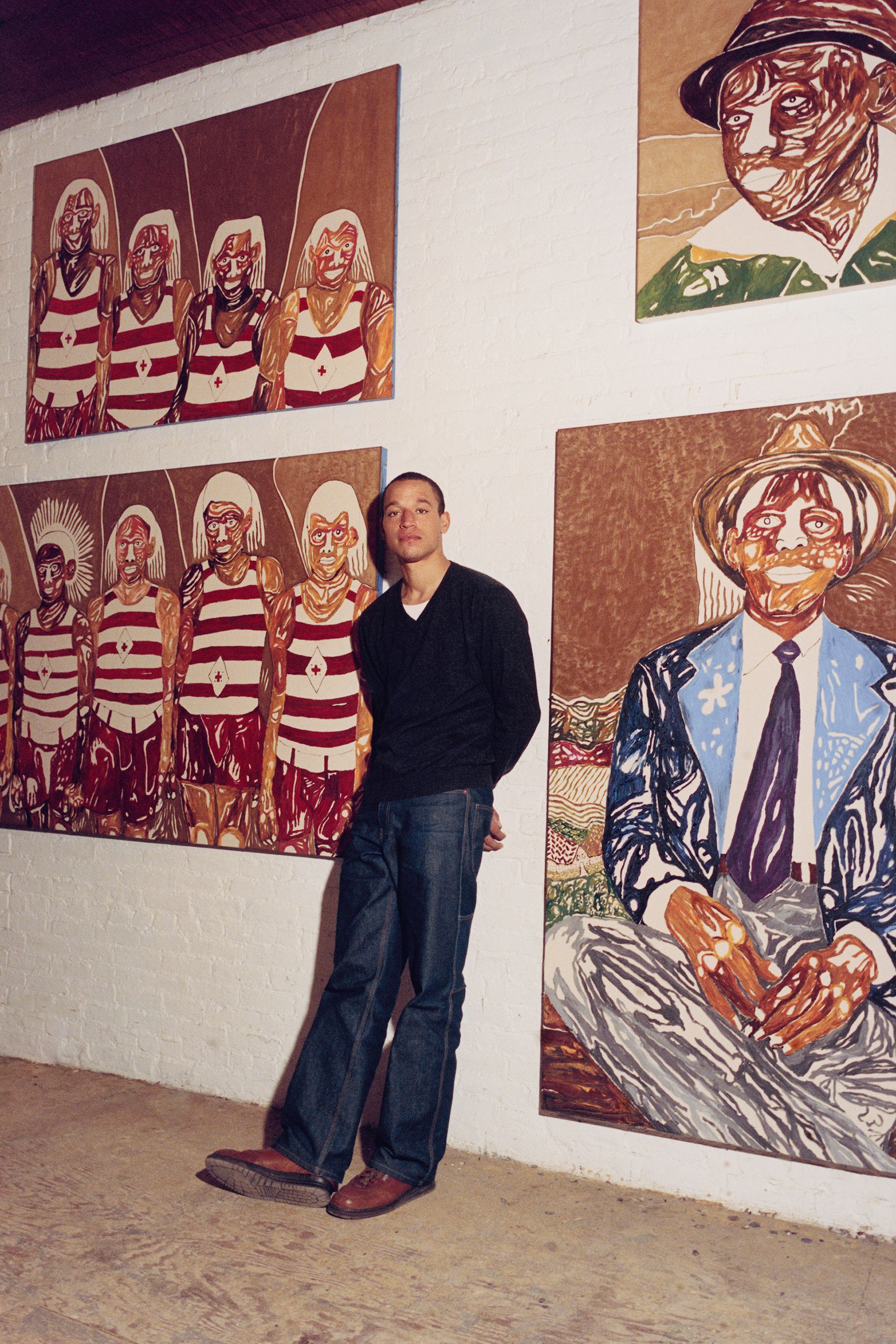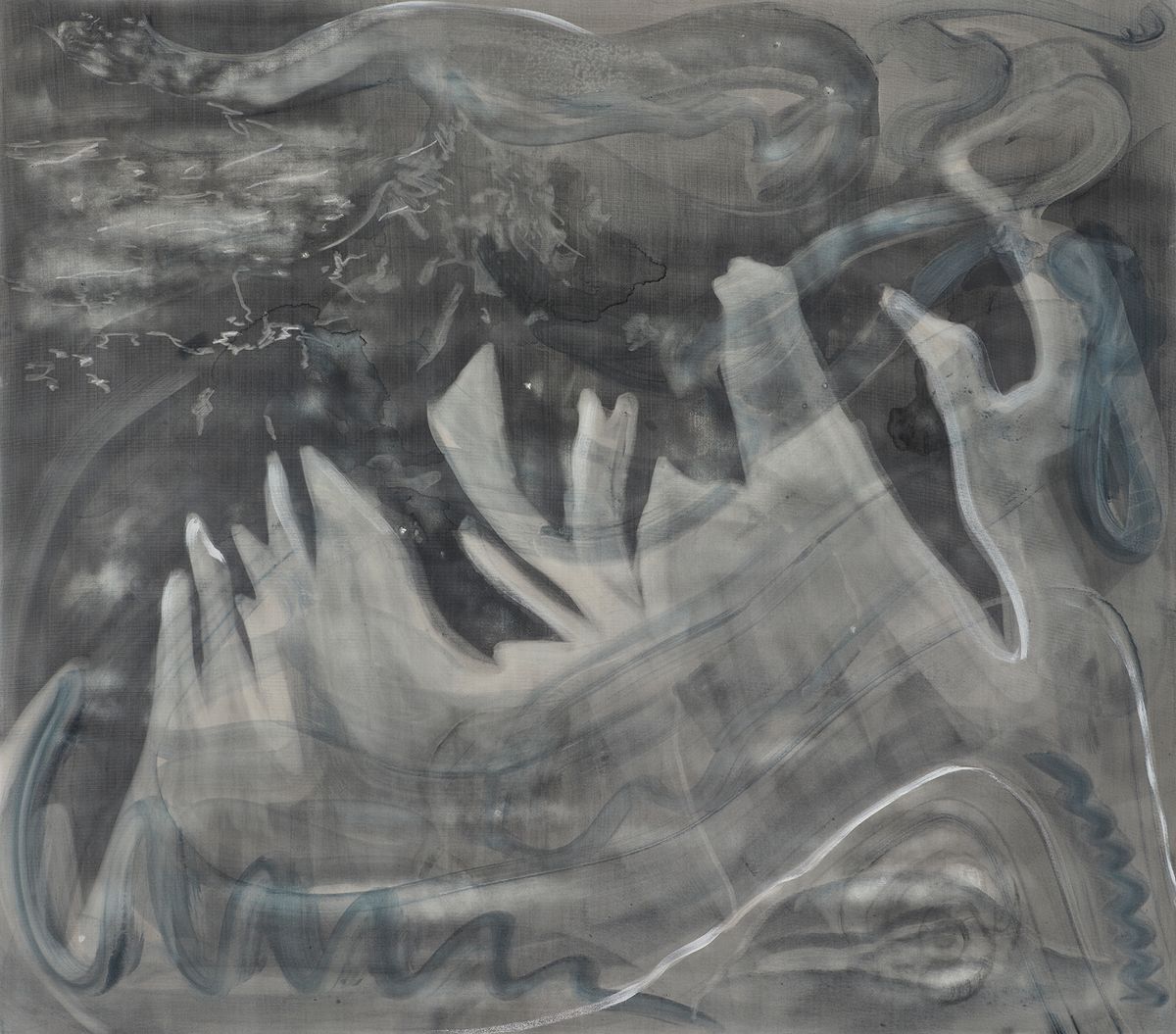“I hallucinate what I desire,” Roland Barthes wrote in A Lover’s Discourse: Fragments, his 1977 book of literary ruminations on the conditions of intimacy. That notion of yearning as a creative impulse is at the centre of A Lover’s Discourse, a series of exhibitions at the Aspen Art Museum (AAM) that involves six separate month-long presentations juxtaposing pieces by early-career artists with historical works from private collections in Aspen, a community renowned for its high concentration of big-ticket art patrons. The series was conceived by the AAM curator-at-large Stella Bottai, a London-based curator, writer and academic who also leads the contemporary art programme of the Archaeological Park of Pompeii.
“I really appreciated that the artists responded to the invitations with excitement, because it is a bit like a blind date,” Bottai says. “We are a non-collecting museum, there’s not a database we can pull from, so the team-effort aspect is important. In dialogue with my colleagues in Aspen, we understand which collection may have the kind of work that the artists are interested in.”

Artist Zeinab Saleh, whose work is featured in the first iteration of A Lover's Discourse Courtesy the artist
The series, which launched in late June and continues until January 2024, opened with a pairing of monochromatic, aquatic paintings by the Kenyan, London-based artist Zeinab Saleh juxtaposed with Regen (1987), the German artist Katharina Fritsch’s vinyl recording of rainfall (until 22 July).
“Zeinab was really interested in trying to provide a reading of her paintings that moves away from just the two-dimensional surface to a sense of atmosphere,” Bottai says. “I was thrilled that Katharina was really interested in understanding how this younger artist had arrived at that work. So even though this is something that might not be formally apparent to the public, there’s this other layer of dialogue happening in the background.”

Chase Hall, whose works will be featured in the second installment of A Lover's Discourse Photo by Grace Ahlbom, courtesy of the artist?
The second instalment in the series (27 July-27 August) will feature recent works by Chase Hall, the American painter known for his compositions made with a mix of acrylic paints and coffee. “Chase was very interested in connecting with post-war abstraction,” Bottai says. “We found an amazing work on paper by Jackson Pollock from the collection of Larry and Susan Marx. For Chase that was also a way to start thinking about Pollock’s drip through the politics of labour.”
By placing unexpected art genres, eras and media in conversation with one another, Bottai hopes A Lover’s Discourse will expand Barthes’s legacy into a visual realm, exploring tensions between the manifest and clandestine, want and need.
“This notion of a collector’s network connects with the idea of A Lover’s Discourse, because, again, there is this sense of desire and ownership that are part of the collector’s pursuit,” she says. “When artists respond to existing collections in museums, they have information on what’s already there. In our case, we are told what the artist would like to find, and then we make that happen.”
- A Lover’s Discourse, Aspen Art Museum, Aspen, Colorado, until 14 January 2024


